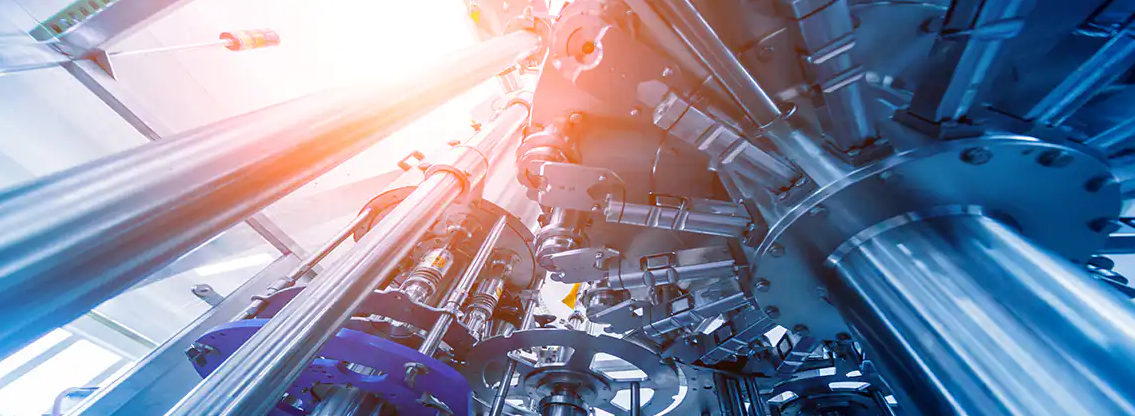Die casting is a manufacturing process that involves the use of molds to produce identical parts in high volumes. The quality of the mold is an essential factor that determines the success of the process. High-quality die casting molds ensure efficient production, reduce waste, and minimize the risk of defects. This article explores the key elements involved in creating high-quality die casting molds for efficient production.
Design and Engineering
The first step in creating high-quality die casting molds is to design and engineer the mold. This involves selecting the appropriate materials, determining the mold’s size and shape, and creating 3D models and blueprints. The mold design should take into consideration the desired part’s complexity, wall thickness, and finishing requirements. The mold must also be designed to withstand the high pressure and temperature involved in the die casting process.
Material Selection
The choice of material for the die casting mold is crucial. The mold should be made from high-quality, durable materials that can withstand the high forces and temperatures involved in the die casting process. Common materials used for die casting molds include steel, aluminum, and copper. The material chosen should be based on the desired part’s requirements, production volume, and budget.
Mold Making
The mold making process involves using the design and engineering specifications to create the mold. The mold is typically produced using CNC machining, which involves the use of computer-controlled tools to shape the mold to precise specifications. The mold must be created to the exact dimensions specified in the design to ensure that the parts produced are identical and meet the desired quality standards.

Mold Maintenance
Once the mold is in use, it requires regular maintenance to ensure it continues to produce high-quality parts. This involves cleaning the mold after each production cycle, inspecting it for wear and tear, and making necessary repairs. Proper mold maintenance is critical to ensuring that the mold remains in good condition and produces parts to the desired specifications.
Gæðaeftirlit
Quality control is an essential part of the die casting process. It involves monitoring the parts produced to ensure they meet the desired quality standards. In addition to inspecting the finished parts, quality control also involves inspecting the mold for wear and tear, checking the casting parameters, and conducting regular performance tests. By implementing rigorous quality control measures, manufacturers can ensure that their die casting molds produce high-quality parts consistently.
Conclusion
Creating high-quality die casting molds is essential to ensuring efficient production, reducing waste, and minimizing the risk of defects. The mold design and engineering, material selection, mold making, mold maintenance, and quality control are all critical elements of the process. By taking a systematic and rigorous approach to creating and maintaining die casting molds, manufacturers can ensure that they produce high-quality parts consistently and efficiently.
-

- Magnesium Aluminum Alloy Children Bike 3-8 Years Old Cheap Hot Sale 14 Inch Children Bicycle FOREVER Wholesale 2022
-

- 2022 Heildsölu Heitt Sala Reiðhjólavarahlutir Magnesíumblendi barnahjól Ekkert Pedal Balance Reiðhjól Krakkar Margir litir í boði
-

- Magnesium alloy die-casting rigid fork for bike
-

- Magensium fjallahjólagrind
-

- Magnesíum álfelgur deyja-steypu Bílavarahlutir RDM húsnæði
-

- Custom-made metal parts macbook middle board produced

 0086-750-5616188
0086-750-5616188 +86 13392089688
+86 13392089688 sales@zhongmei-tech.com
sales@zhongmei-tech.com







